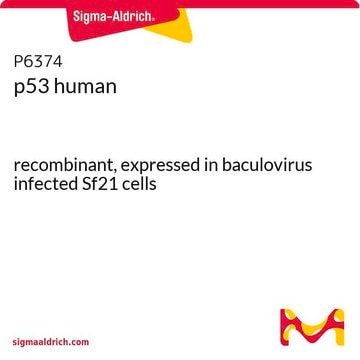MAB4146
Anti-BCRP Antibody, clone BXP-21
culture supernatant, clone BXP-21, Chemicon®
Sinónimos:
Breast Cancer Resistance Protein, Placenta-specific ATP Binding Cassette Transporter, ATP-binding Cassette, Sub Family G, member 2 (ABCG2)
About This Item
Productos recomendados
biological source
mouse
antibody form
culture supernatant
antibody product type
primary antibodies
clone
BXP-21, monoclonal
species reactivity
human
manufacturer/tradename
Chemicon®
technique(s)
immunocytochemistry: suitable
immunohistochemistry (formalin-fixed, paraffin-embedded sections): suitable
western blot: suitable
input
sample type hematopoietic stem cell(s)
sample type neural stem cell(s)
isotype
IgG2a
NCBI accession no.
UniProt accession no.
shipped in
dry ice
target post-translational modification
unmodified
Gene Information
human ... ABCG2(9429)
General description
Specificity
Immunogen
Application
1:20 – 1:50 dilution of a previous lot was used on acetone fixed cytospin preparations.
Immunohistochemistry:
1:20 dilution of a previous lot was used on acetone fixed frozen tissue sections; 1:20 dilution of a previous lot was used on formaldehyde-fixed paraffin-embedded tissues pretreated with 10 mM citrate (pH 6.0) for 20 min.
Optimal working dilutions must be determined by end user.
Stem Cell Research
Hematopoietic Stem Cells
Quality
Western Blot Analysis:
1:500 dilution of this antibody detected BCRP on 10 µg of HepG2 lysate.
Target description
Physical form
Storage and Stability
Analysis Note
MCF7 cells
Other Notes
Legal Information
Disclaimer
¿No encuentra el producto adecuado?
Pruebe nuestro Herramienta de selección de productos.
Optional
Storage Class
10 - Combustible liquids
wgk_germany
WGK 2
Certificados de análisis (COA)
Busque Certificados de análisis (COA) introduciendo el número de lote del producto. Los números de lote se encuentran en la etiqueta del producto después de las palabras «Lot» o «Batch»
¿Ya tiene este producto?
Encuentre la documentación para los productos que ha comprado recientemente en la Biblioteca de documentos.
Nuestro equipo de científicos tiene experiencia en todas las áreas de investigación: Ciencias de la vida, Ciencia de los materiales, Síntesis química, Cromatografía, Analítica y muchas otras.
Póngase en contacto con el Servicio técnico








